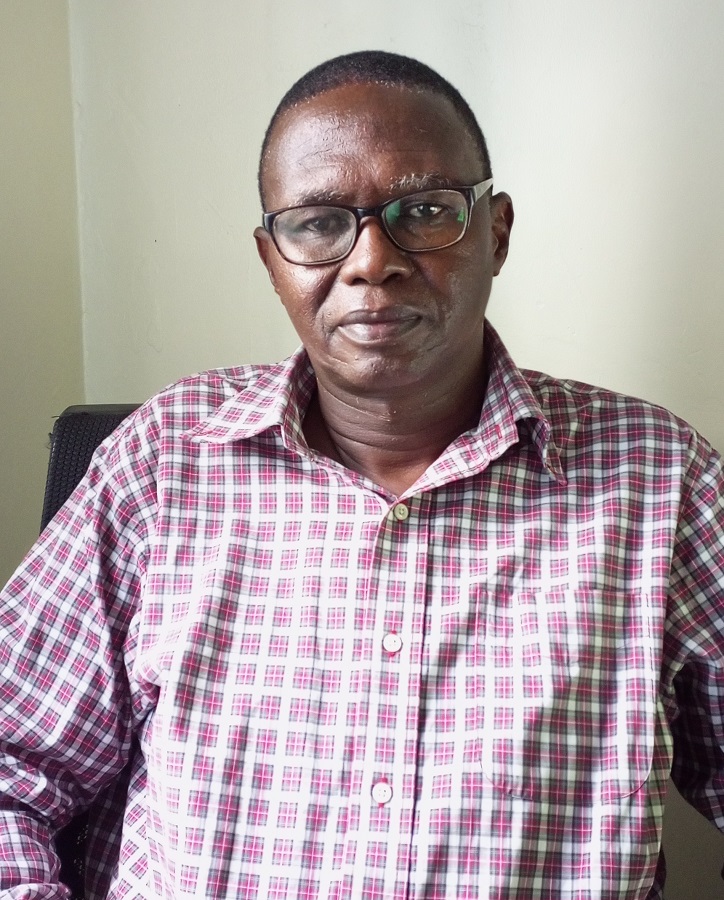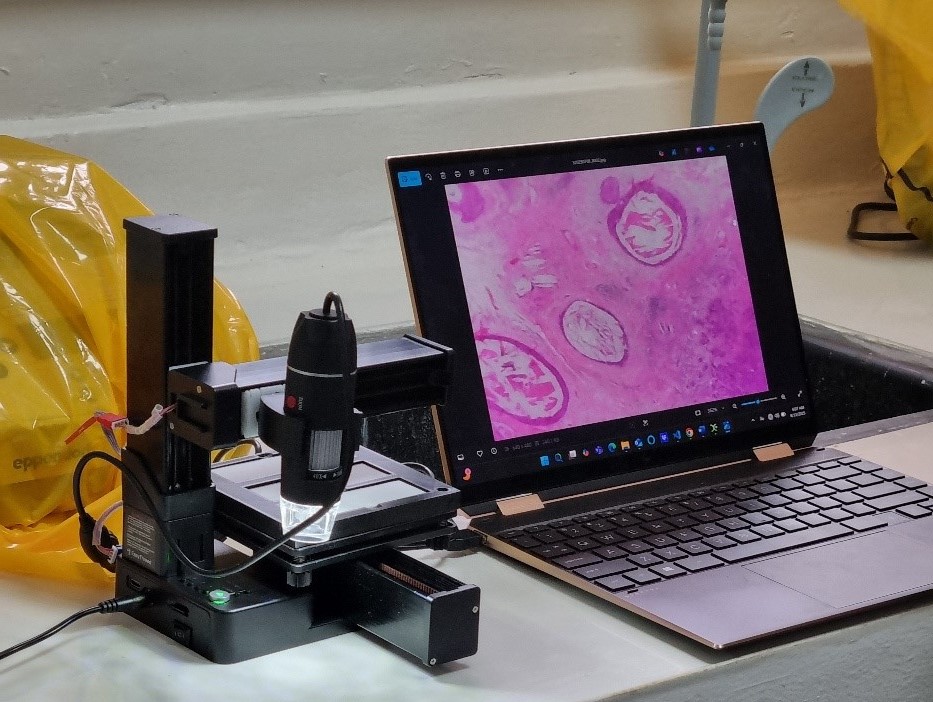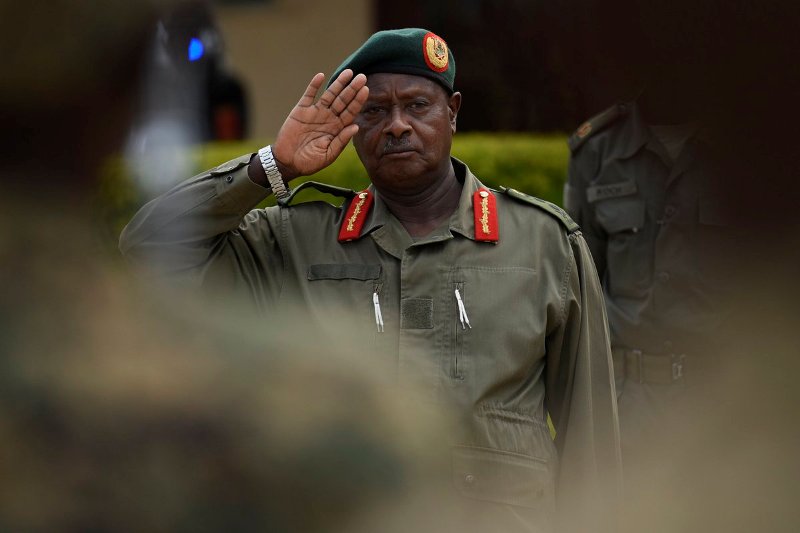Uganda’s rural poor left behind in the digital era, says report
With 80% of rural households lacking internet access, the exclusion threatens to marginalize these communities from critical political discourse and government programs.

A new report by Twaweza reveals a widening digital divide in Uganda, with rural communities facing significant barriers to political participation and access to government services due to limited internet connectivity.
Titled “Who’s Engaged, Who’s Excluded?”, the report highlights how the shift toward digital platforms is transforming civic life in Uganda but leaving behind nearly half of the population, particularly those in rural areas.
With 80% of rural households lacking internet access, the exclusion threatens to marginalize these communities from critical political discourse and government programs.
“Access to digital tools is now essential for democratic participation, but many rural Ugandans remain disconnected,” said Marion Turinawe, a student at Cairo University. “This creates barriers to informed decision-making, especially during elections or public consultations.”
Key Findings
- Urban, younger, and wealthier citizens increasingly use TV, social media, and the internet for news, while rural, older, and less-educated Ugandans still rely heavily on radio.
- Digital exclusion was evident during Uganda’s 2021 general elections, where social media dominated political campaigns, leaving rural voters on the sidelines.
- Government services, including social programs and permits, are becoming more reliant on online applications, further alienating rural populations.
Agnes Nabachwa, a community worker in Yumbe, said many government announcements are shared on platforms like Twitter, inaccessible to most rural residents. “How do people in Yumbe without internet access vital public information?” she questioned.
Dr. Gerald Walulya, a political analyst, warned of the dangers of this divide. “As digital platforms shape political narratives, rural communities risk being marginalized, raising questions about the representativeness of Uganda’s democracy.”
Private sector initiatives are playing a crucial role in addressing the divide. Airtel Uganda, in partnership with UNICEF, has connected over 100 rural schools to the internet and expanded its 4G and 5G-ready network.
Innocent Kawooya, CEO of HiPipo, emphasized the need for affordable internet and digital literacy programs targeting women, youth, and marginalized groups. “Digital inclusion is key to unlocking economic and social opportunities for all Ugandans,” he said.
The government has also pledged to reduce internet costs and implement a digital transformation roadmap. ICT Ministry Permanent Secretary Dr. Aminah Zawedde noted, “We’re working to lower internet taxes and create regulations to ensure children and vulnerable groups can access the digital space safely.”
Experts agree that while progress is being made, a focused effort is needed to create inclusive digital policies, invest in infrastructure, and provide digital literacy training for rural communities. Without these measures, the digital divide could continue to widen, undermining Uganda’s democratic and economic aspirations.







